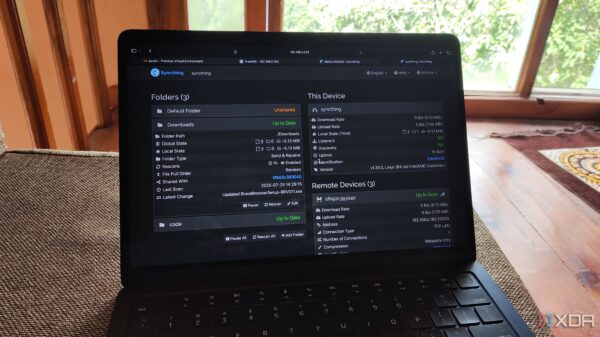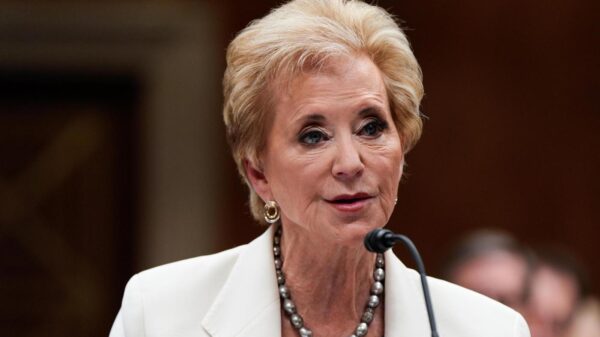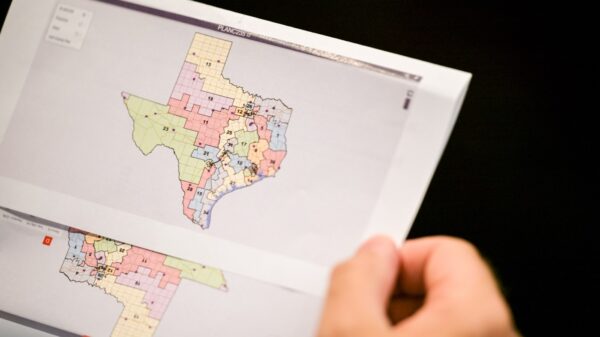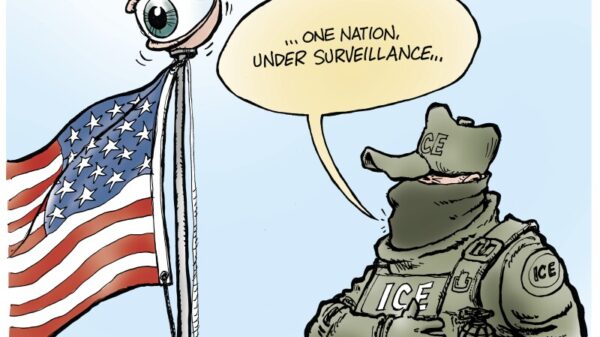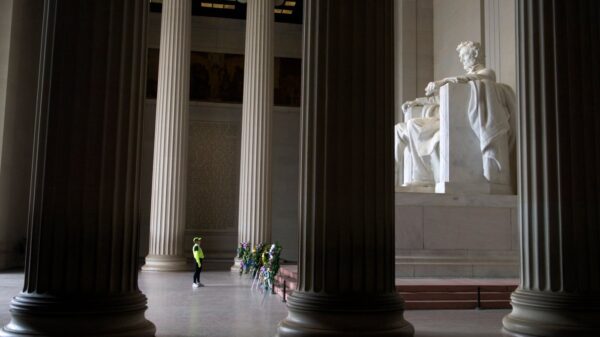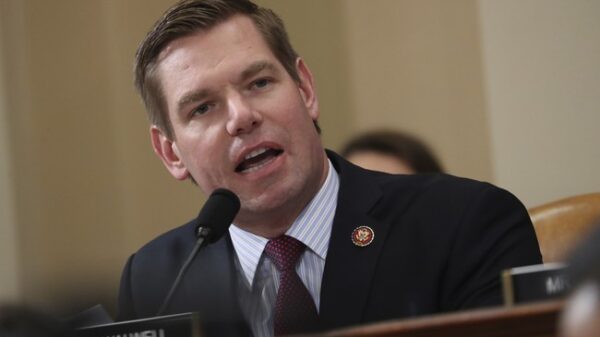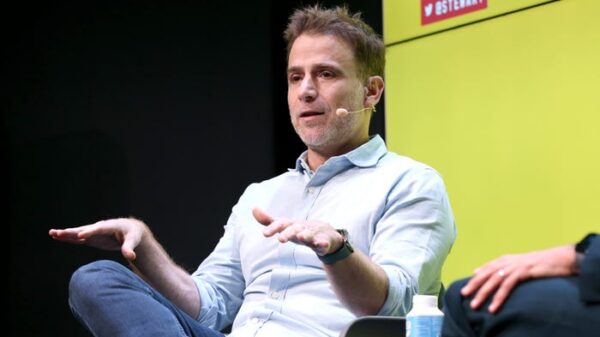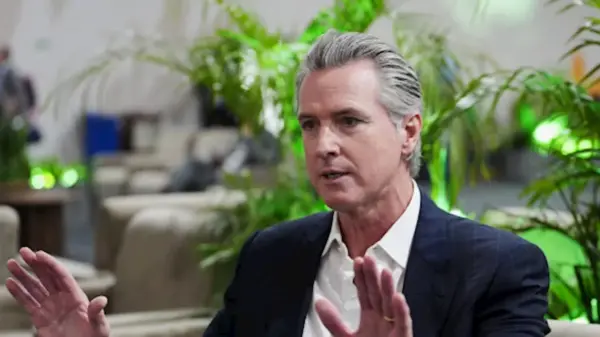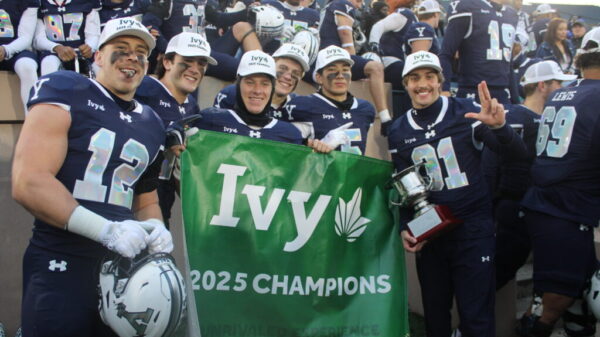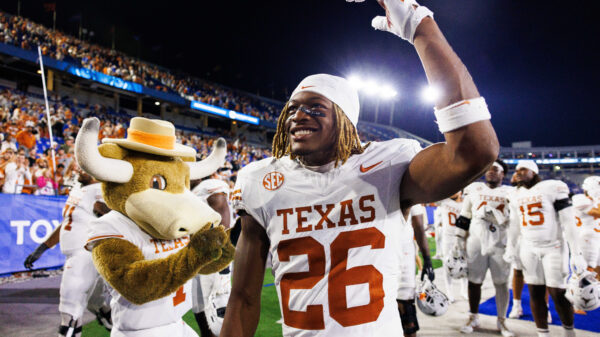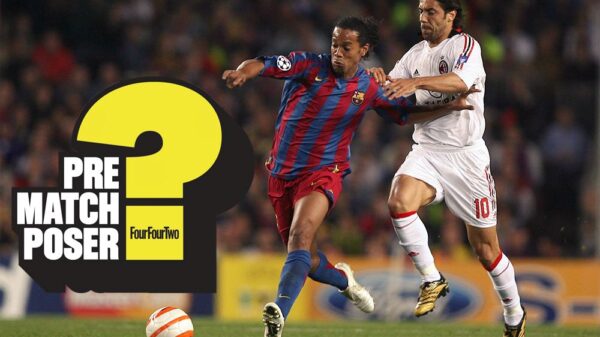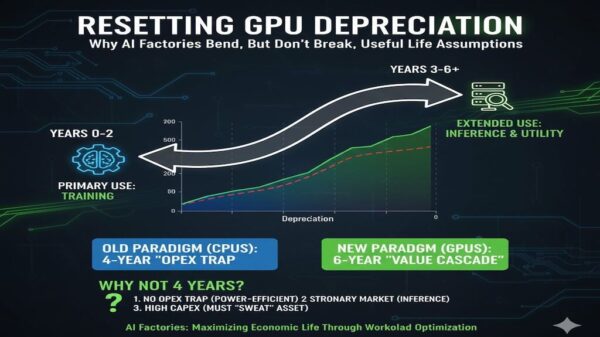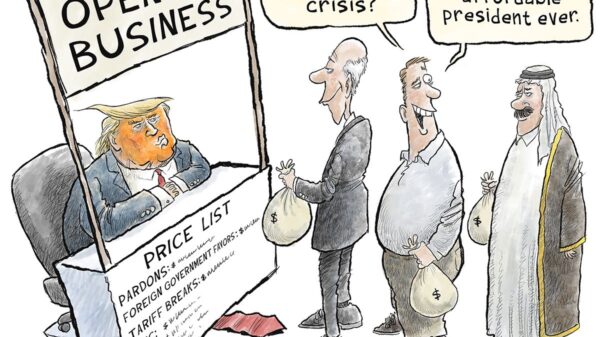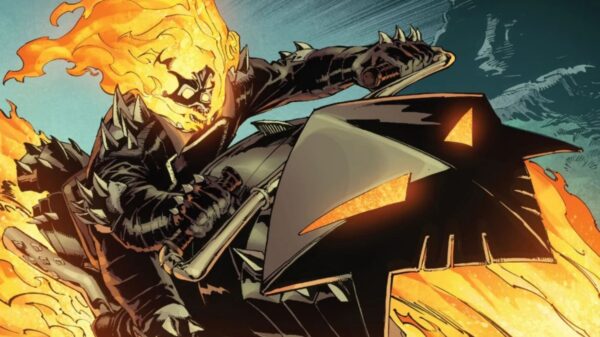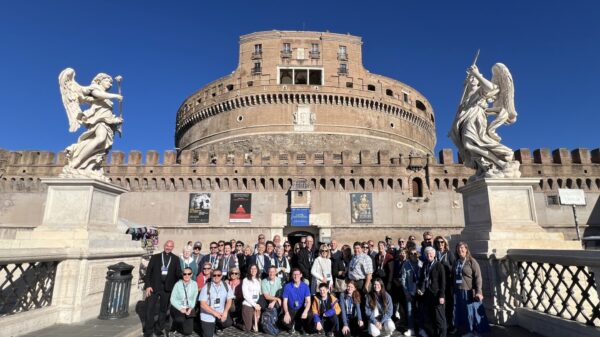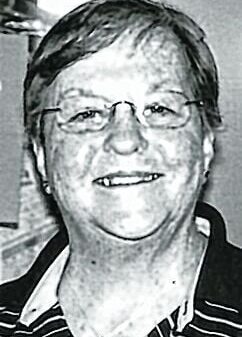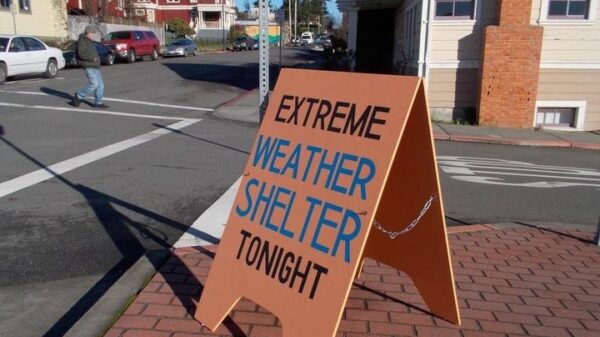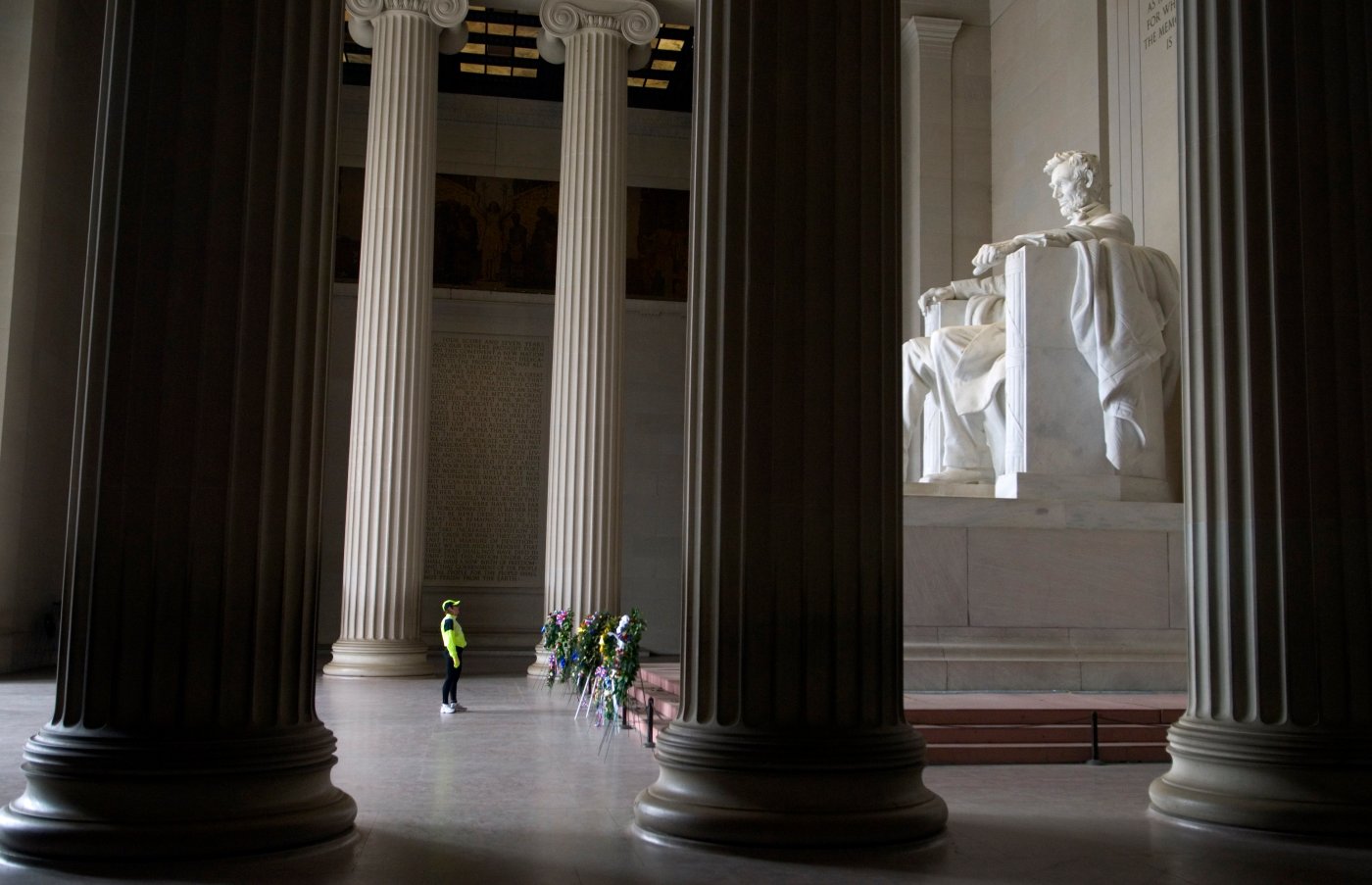This Thanksgiving, Chicagoans are encouraged to reflect on the deeper significance of the holiday, especially in light of the city’s current challenges. Paul Kendrick, a resident of Lincoln Park and a historical author, draws parallels between the origins of Thanksgiving and today’s societal divisions. He emphasizes that the spirit of gratitude and mutual support, as envisioned by President Abraham Lincoln, remains essential.
Historical Context of Thanksgiving
The establishment of Thanksgiving as a national holiday came during a tumultuous period in American history. In the midst of the Civil War, Lincoln proclaimed the last Thursday in November as a day of thanksgiving, urging a fractured nation to come together. This call was not only a reflection of the hardships faced but also an appeal to unity among citizens. Kendrick highlights that Lincoln’s initiative was not merely about harvest but about healing a nation divided by conflict.
Kendrick recalls the words of Chicago’s own poet, Gwendolyn Brooks, who famously wrote, “We are each other’s harvest.” This sentiment resonates strongly today as communities across Chicago confront issues such as immigration and social justice. The recent efforts to detain and deport residents have sparked significant local protests, showcasing the urgency of collective action.
Lincoln’s Thanksgiving Proclamation was also influenced by prominent figures such as William Henry Seward and Sarah Josepha Hale. Hale, the author of “Mary Had a Little Lamb,” campaigned tirelessly for a national holiday that would unify Americans, highlighting the importance of gratitude amidst adversity. Kendrick notes that this vision of Thanksgiving is more than just a festive gathering; it represents a commitment to shared values and community solidarity.
Lessons for Today
As Chicagoans navigate their own challenges, Kendrick urges them to remember Lincoln’s message about the potential for unity. He states that the struggles currently faced in Chicago are part of a broader national experience. By reflecting on the historical significance of Thanksgiving, individuals can find common ground and foster a spirit of cooperation.
Kendrick emphasizes Lincoln’s belief that the early pilgrims, referred to as “Plymouth emigrants,” set a precedent for future generations. Lincoln’s call for Thanksgiving was not simply a celebration; it was a profound reminder of the shared humanity that binds people together. He famously remarked, “While we reverence their memory, let us not forget how vastly greater is our opportunity.” This call to action is particularly relevant as communities confront divisive issues today.
In his final days, Lincoln expressed hope for national unity, stating, “We meet this evening, not in sorrow, but in gladness of heart.” His vision for Thanksgiving was one of gratitude and reflection, offering a path toward healing during a time of profound sorrow. Kendrick encourages all to embrace this opportunity for connection, underscoring that the essence of Thanksgiving is about recognizing our interdependence.
As Chicagoans gather this holiday season, Kendrick’s reflections serve as a powerful reminder of the importance of community. By embracing the spirit of Thanksgiving, individuals can cultivate compassion and understanding, fostering a sense of togetherness that transcends present divisions. Ultimately, it is a time to remember that “we are each other’s harvest,” and that the strength of a community lies in its shared commitments and mutual support.
Kendrick, who has served in President Barack Obama’s White House, is currently a candidate for the Illinois House’s 12th District. His insights on Thanksgiving encourage a renewed appreciation for a holiday that, at its core, celebrates unity and gratitude.



